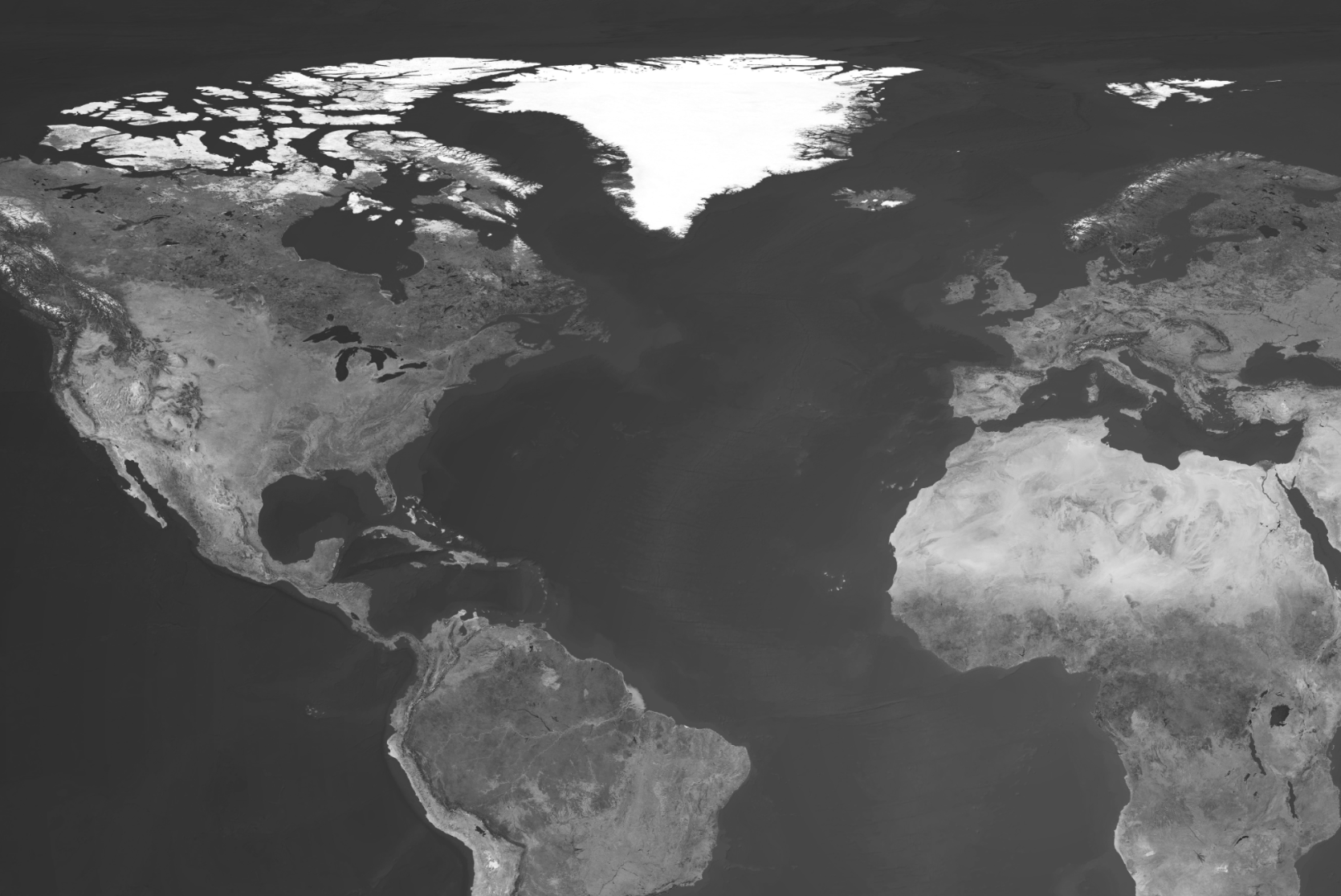Governments might be the most powerful force on earth. They collectively control $35 trillion and are among our best means of solving large-scale coordination problems. Research in legal theory and the social sciences confirms that countries’ laws and policies have a significant and lasting effect on moral norms and attitudes.
But often, today’s governments are mired in short-term thinking. Elected officials are primarily incentivised towards actions that will pay off during the election cycle. Estimates of the financial impacts of legislation typically extend no more than a decade. Meanwhile, technological literacy is decreasing — governments simply cannot have expertise in every industry, given the pace at which our economy is evolving.
Our grants in policy reform seek to develop leading expertise on the major risks facing humanity and make tractable recommendations to the governments and intergovernmental organisations most important for developing regulatory policy on AI and biotechnology — to ensure that the scientific basis for risks is considered alongside potential economic benefits.
Are you a major philanthropist seeking to learn more about these areas? Get in touch with our CEO Simran Dhaliwal at sim.enquiries@longview.org.


